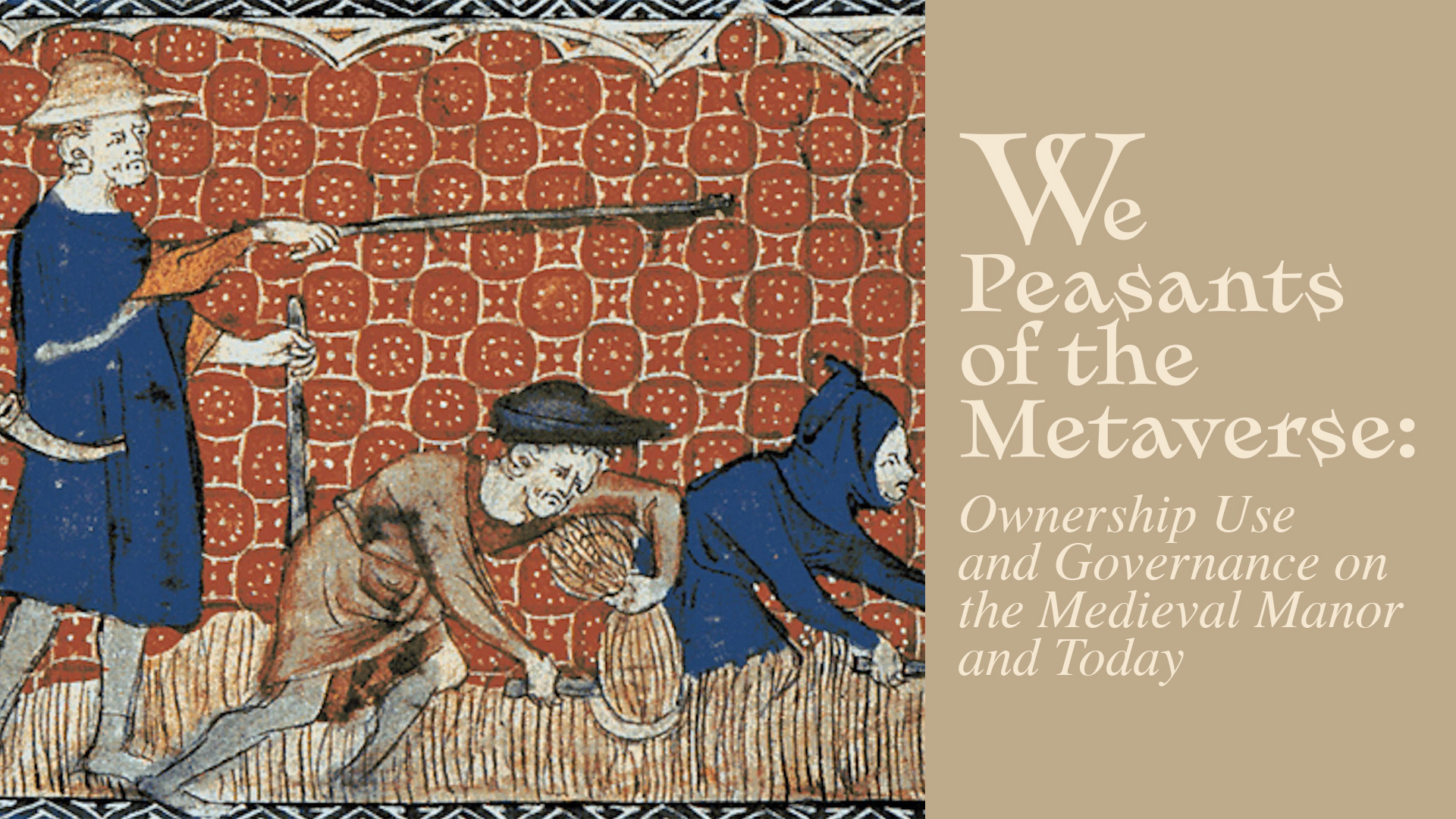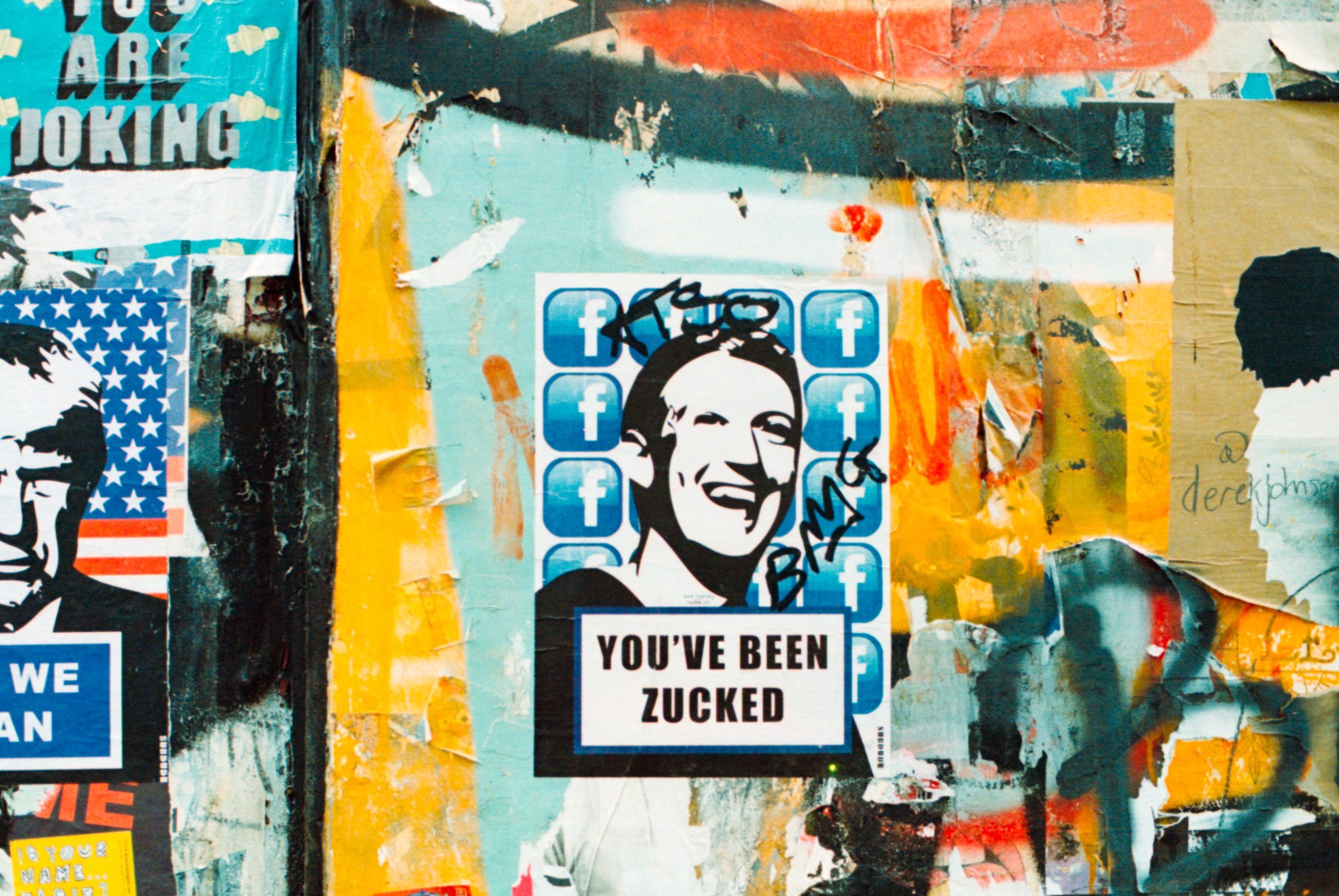
RECOMMENDED READING
I’ve raised the issue of social media regulation before. This is an issue that won’t be going away anytime soon in the wake of Google’s decision to ban two websites from its ad platform over protest articles, namely The Federalist and Zero Hedge. As Mike Masnick has argued, this appears to be less a case of anti-conservative bias per se, more an example of Google reacting to alleged hate speech by blocking those publications from access to Google’s ad platform in order to prevent the publications from monetizing their respective content.
Whatever the reason, the resultant furor again illustrates the dangers of social media platforms (and their distributors, such as Google) becoming both judge and jury. The Justice Department is set to propose a roll-back for the current legal protections that online platforms have by virtue of Section 230 of the Communications Decency Act. The reforms are “designed to spur online platforms to be more aggressive in addressing illicit and harmful conduct on their sites, and to be fairer and more consistent in their decisions to take down content they find objectionable,” according to the Wall Street Journal.
To paraphrase Jonathan Swift, here is another modest proposal: Turn the search engines into nonprofit, government licensed, and regulated utilities paid for by a small service fee. No less a figure than right-wing populist Steve Bannon has suggested this.
In other words, we are suggesting a function-centric style of regulation: Separation between the control of content and distribution is a better way to rectify market abuse. It may be that Google’s sheer size gives it an unfair advantage in terms of its near ad monopoly, although that might be an inevitable consequence of the very nature of this part of its business. The increasing prevalence of economic network theory suggests that social networks like Facebook or search engines such as Google lend themselves to becoming natural monopolies to function optimally. Hence, the preference for tighter utility-style oversight in order to limit Google’s own policing power, and restrict the prices it is able to charge for its ads. That form of regulation in turn should help reduce the company’s leverage and corresponding ability to demonetize companies whose views it finds objectionable.
By all means, license as many platforms as possible, but on condition that each reveal its algorithms (no proprietary secrecy) to a bipartisan regulatory oversight commission and get pre-clearance for changes. This can be handled by either the Federal Communications Commission (FCC) or the Federal Trade Commission (FTC).
Basically, a modern-day Yellow Pages for the 21st century.
Along with this, repeal Section 230 for all other social media and turn Facebook and Twitter into magazines or media companies subject to liability for what they publish like The Atlantic or the Washington Post. Sure, it means spending a lot of time and effort patrolling third-party comments, but newspapers and magazines do this all of the time, and there’s increasingly less reason for lower standards to be applied to social media. Again, as we pointed out before, the First Amendment flourished in the pre-Internet era, and there is no reason to think that limiting what some random person on social media can or cannot publish online at the push of a button somehow circumscribes his/her right to free speech. That is an increasingly untenable position, and likewise there is no reason to leave that power solely in the hands of social media companies alone. Regulation is coming, whether Silicon Valley likes it or not. Google’s capricious actions make that more likely, not less.
Recommended Reading
Justice Department Sues Google (But have they focused on the right target?)
As widely expected, the US Department of Justice (DOJ) and 11 states have filed an antitrust lawsuit against Google, accusing the company of using anticompetitive tactics to illegally monopolize the Read more…
Brave New Regulation
Silicon Valley’s techno-optimists insist loudly on two contradictory points. On one hand, they celebrate the Internet and its associated innovations with phrases like “paradigm shift” and “creative destruction,” and celebrate themselves as the visionaries leading humanity into (unironically) a Brave New World. On the other, they reject the need for new public regulation, insisting that the legal frameworks of past eras are perfectly adequate to the task. Both cannot be true.
Don’t Leave Social Media Regulation to the Platforms, Bring in the FCC
Coming to terms with the importance of free speech means coming to terms with the reality that free speech will sometimes be used for abhorrent purposes. We protect bad speech on the grounds that the alternative—censorship—is even worse.













